The story of
Thomas Cromwell

Through intrigue and ambition Thomas Cromwell rose to become one of Henry VIII's key advisors. What can records at The National Archives tell us about his life?
Browse and explore the human stories behind The National Archives’ collection.
The story of

Through intrigue and ambition Thomas Cromwell rose to become one of Henry VIII's key advisors. What can records at The National Archives tell us about his life?
Record revealed
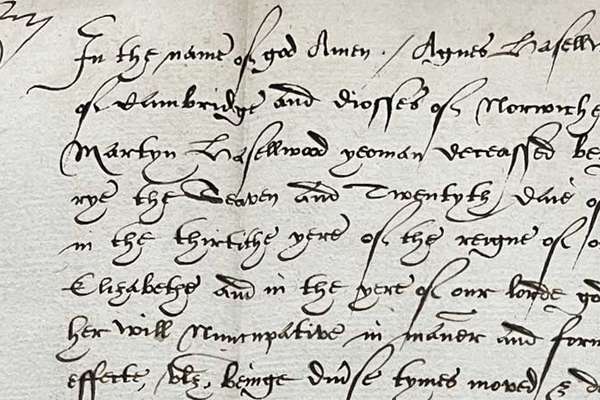
This ordinary will from 1587 gives us a glimpse of an Elizabethan woman’s concerns on her deathbed.
Record revealed
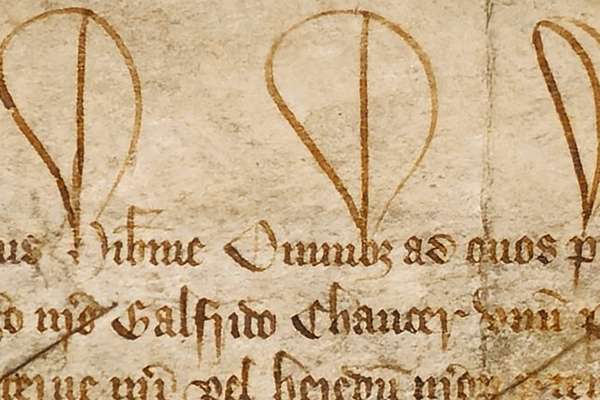
How do you reward a medieval poet? This document granted the author of the Canterbury Tales an unusual royal gift: a daily allowance of wine.
The story of
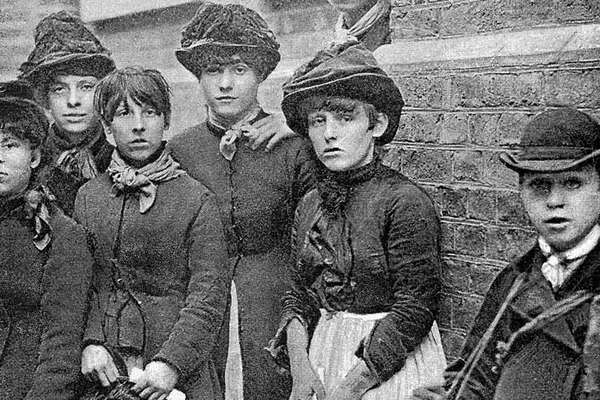
In 1888, the women and girls employed by Bryant & May in the East End of London went out on strike. Why did these workers feel so driven to remove their labour?
Focus on
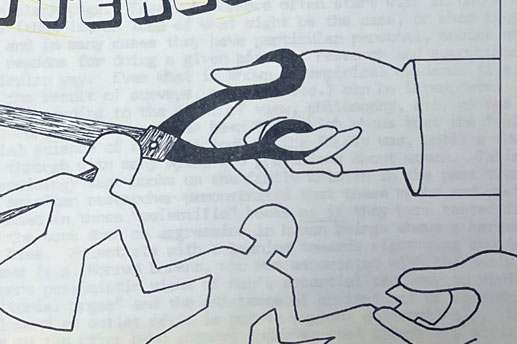
The founding years of Chiswick Women’s Aid saw the opening of the world's first women's refuge, disputes with local government, and creating change in the UK.
Record revealed
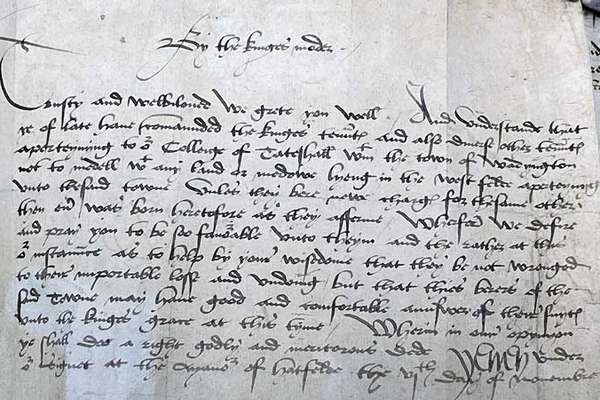
How did the founder of the Tudor dynasty reach and use her position of power?
The story of
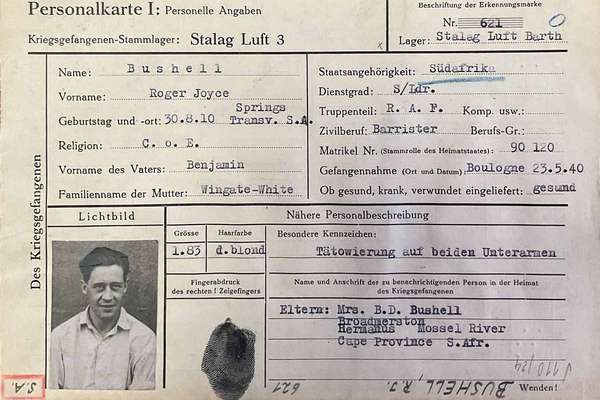
Roger Bushell (1910–1944) was a pilot, prisoner of war (POW), and mastermind of the ‘Great Escape’ from Stalag Luft III in March 1944.
Record revealed
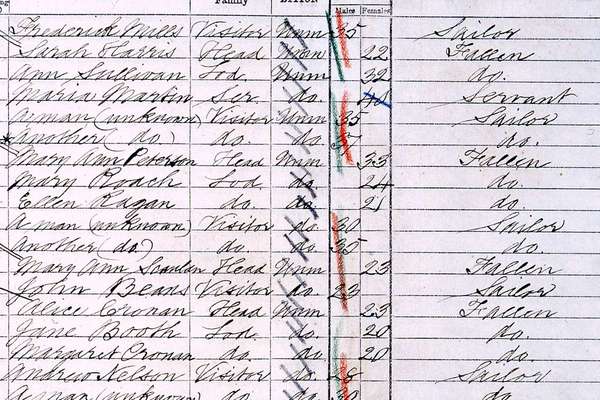
Who lived in the real Albert Square and what can their lives tell us about 19th-century London life?
Record revealed
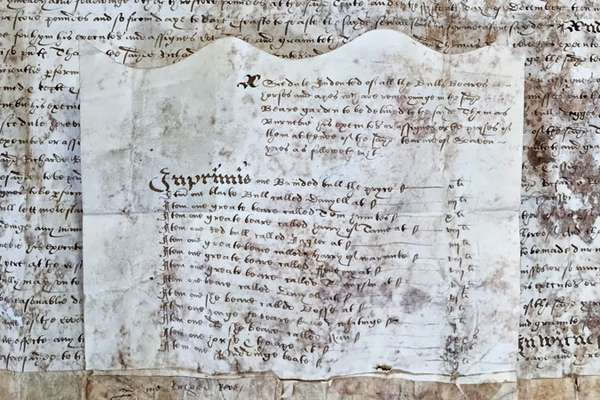
This deed reveals some of the animals kept to perform on the Tudor stage or in arenas. It includes ‘an old she bear called Nan’, some bulls, a horse and an ape.
Focus on
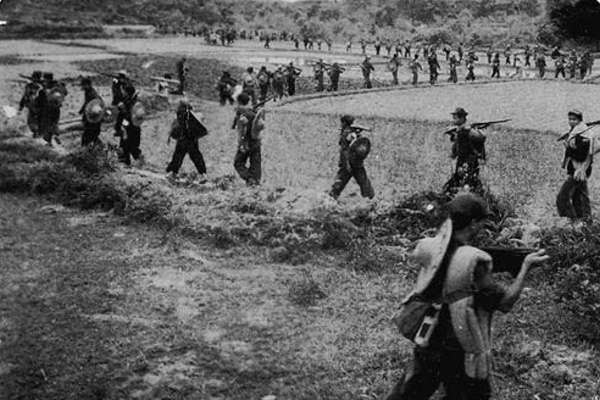
Discover how this guerrilla group played a significant role in opposing Japan and aiding Allied prisoners of war around Hong Kong.
The story of
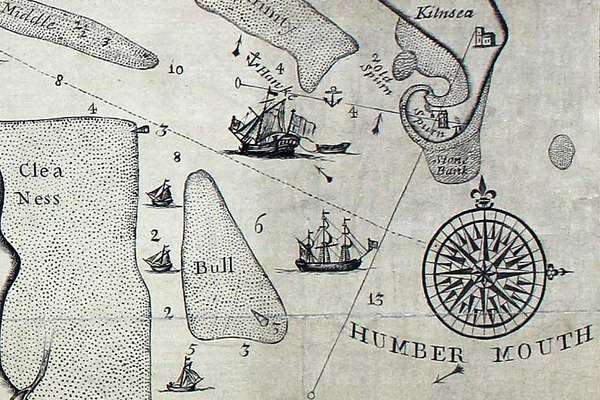
Ravenser Odd was a short-lived island in the mouth of the River Humber. It rose from the sea in the early 13th century and had sunk beneath the waves by 1360.
Focus on
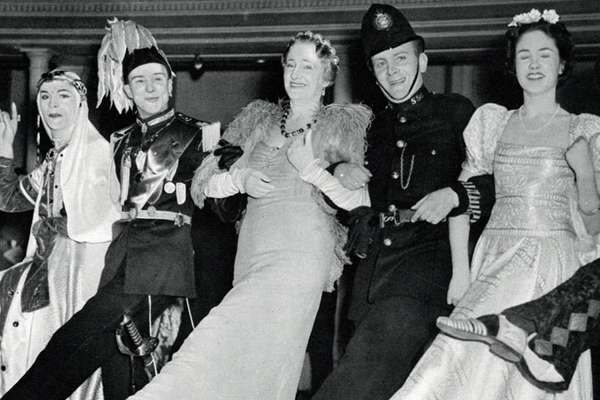
Lady Malcolm’s elaborate Servants’ Balls allowed queer, working-class staff to forge a unique space for themselves. But these events became plagued by scandal.